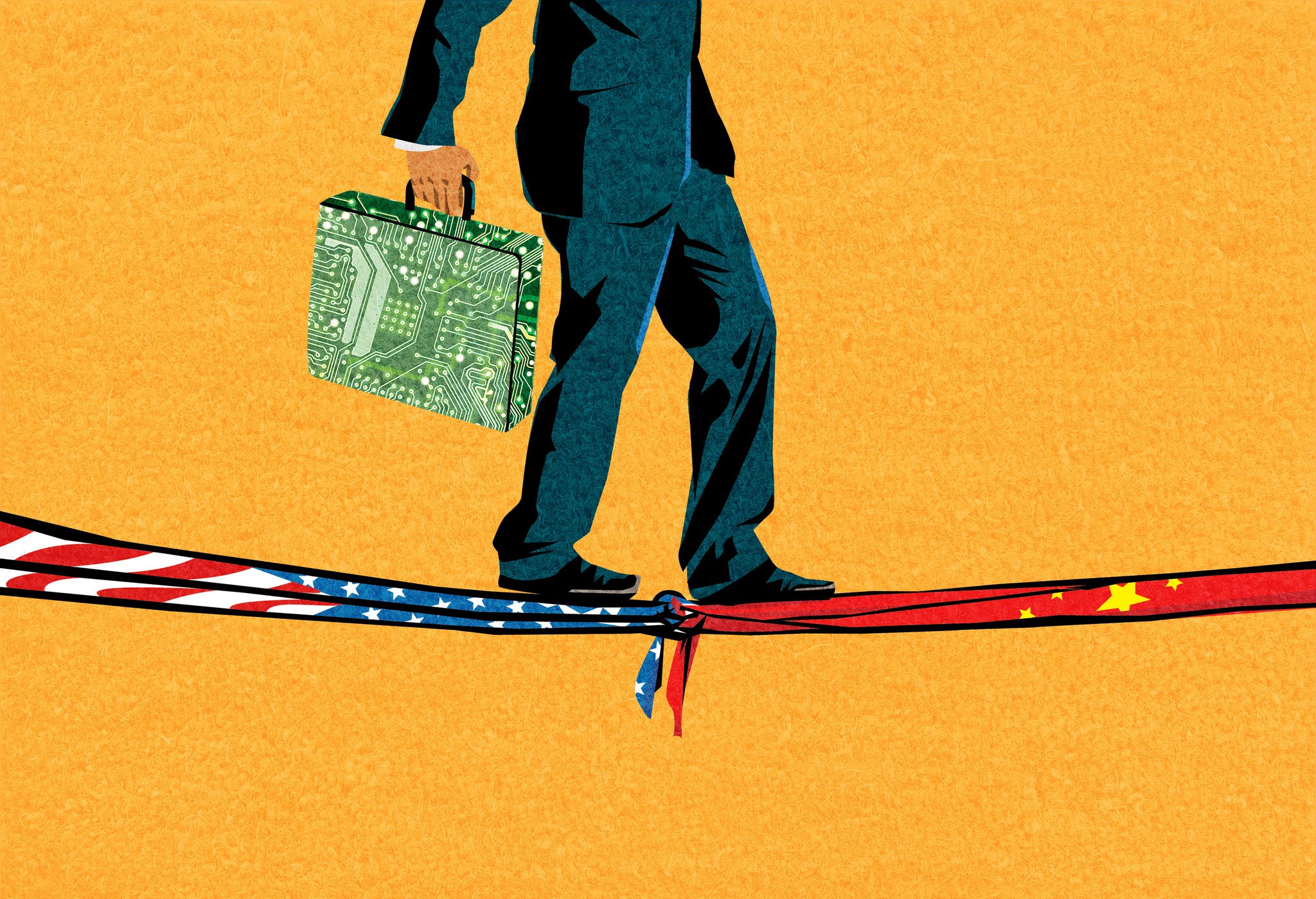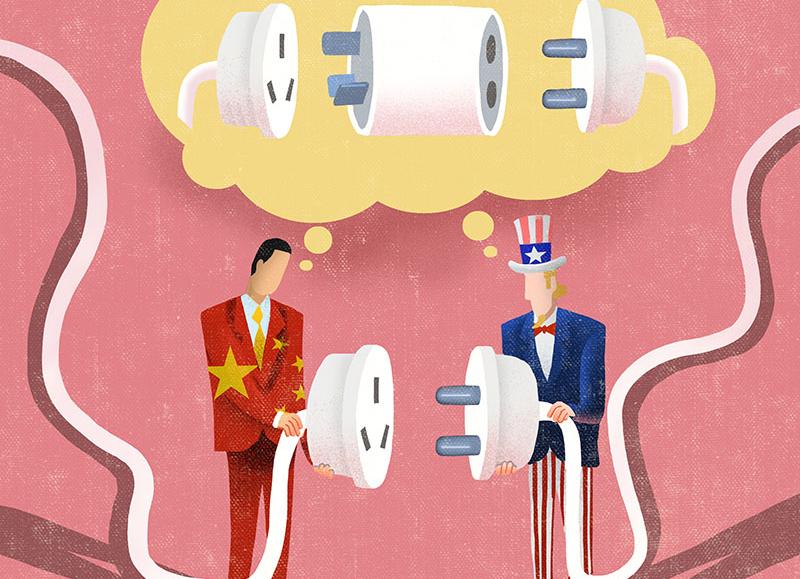
Zhao Minghao, Professor, Institute of International Studies, Fudan University, and China Forum Expert.
Feb 29, 2024
The United States seeks to widen the technology gap with China as much as possible and thus will create more barriers for Chinese research and development. It may even try to push back some of the technological advancements China has made. China needs to prepare for greater pressure.
Xiao Bin, Deputy Secretary-general, Center for Shanghai Cooperation Organization Studies, Chinese Association of Social Sciences
Sep 08, 2023
The personal tragedies of two great physicists during the Cold War teach that us that creating a tolerant, innovative environment is the way to prosperity and strength.
Brian Wong, Assistant Professor in Philosophy, HKU and Rhodes Scholar
May 31, 2023
It’s no hidden secret that U.S.-China relations have been on the rocks in recent memory. Though both sides are willing to go through the motions of performative summits, the reality of policy taking shape on both sides belies the aggression coming from leadership from both countries.
Richard Javad Heydarian, Professorial Chairholder in Geopolitics, Polytechnic University of the Philippines
May 16, 2023
The U.S. and the Philippines held their first 2+2 Ministerial Dialogue in Washington, D.C. in seven years, with the aim to strengthen strategic cooperation and mark a new era of partnership. Discussions included the ongoing Taiwan crisis and the Philippines' announcement of opening four additional bases to U.S. troops under the Enhanced Defense Cooperation Agreement (EDCA). Philippine President Ferdinand Marcos Jr. has assured that these bases will not be used for offensive purposes in the event of a Sino-American conflict over Taiwan, despite concerns of dependence and geopolitical provocation.
Joseph S. Nye, Professor, Harvard University
May 03, 2023
We live in a world where geopolitical stability relies largely on deterrence. But how can we prove that deterrence works?

Zhang Tuosheng, Academic Committee Member at Institute for Global Cooperation and Understanding, Peking University
Apr 14, 2023
Any easing of China-U.S. relations will have twists and turns, and material improvement is unlikely to come soon. But both sides can learn from America’s Cold War standoff with the USSR, when mechanisms were built that avoided war. That process can be followed again.
Xiao Bin, Deputy Secretary-general, Center for Shanghai Cooperation Organization Studies, Chinese Association of Social Sciences
Apr 12, 2023
Interstate political relations are changing the dynamics of the international system. China’s relationship with Russia has become a tool for balancing the shifting pres-sures. But no country can predict the consequences of war. Staying out of it may be the best way to maximize gains.
Xiao Bin, Deputy Secretary-general, Center for Shanghai Cooperation Organization Studies, Chinese Association of Social Sciences
Mar 24, 2023
The Russia-Ukraine war has shaken Europe’s energy security, triggering major adjustments in supply chains, consumption and renewable energy development. The conflict and its spillover effects suggest that a new economic cold war may already be underway.
Ted Galen Carpenter, Senior Fellow, Randolph Bourne Institute
Mar 06, 2023
The tattered U.S.-Russia relationship serves as one example of how far a “Cold War” can go when America escalates the situation. And by repeating these same steps with China today, the U.S. might be pushing two of its rivals together - the exact situation that Washington wants to avoid.
Xiao Bin, Deputy Secretary-general, Center for Shanghai Cooperation Organization Studies, Chinese Association of Social Sciences
Mar 01, 2023
The Russia-Ukraine conflict is forcing people to rethink the role of today’s international system in maintaining world peace. The system is currently out of balance, with one superpower and several other significant powers jostling for prominence.